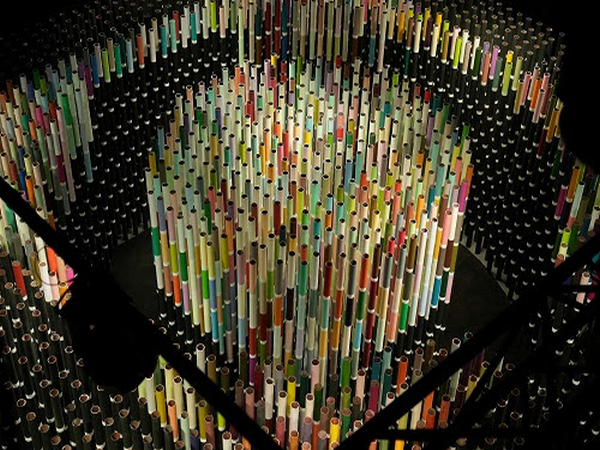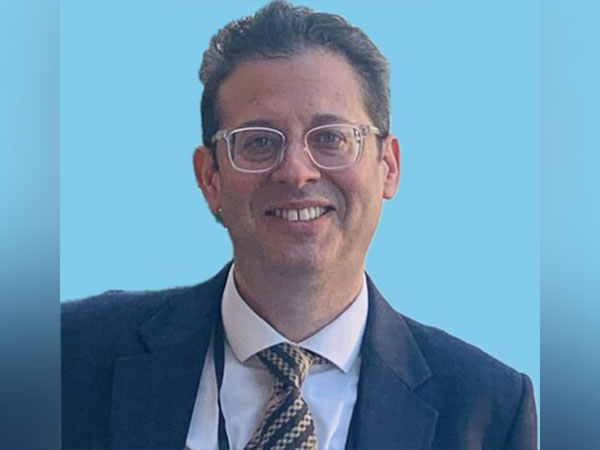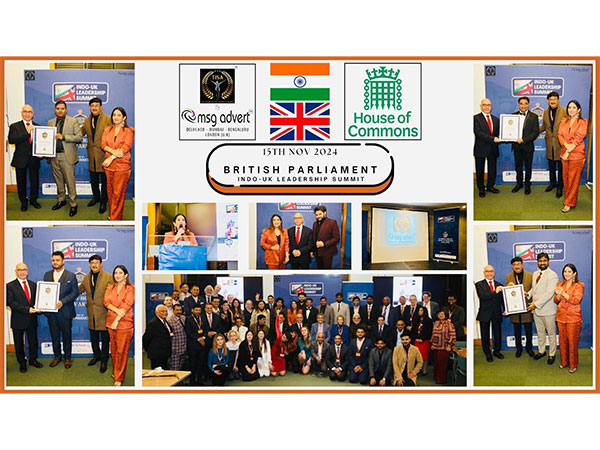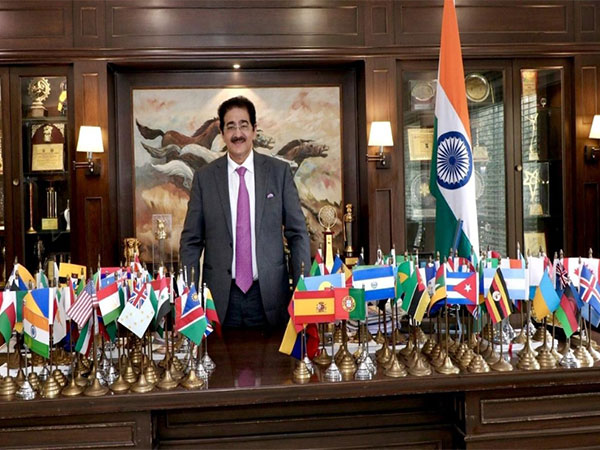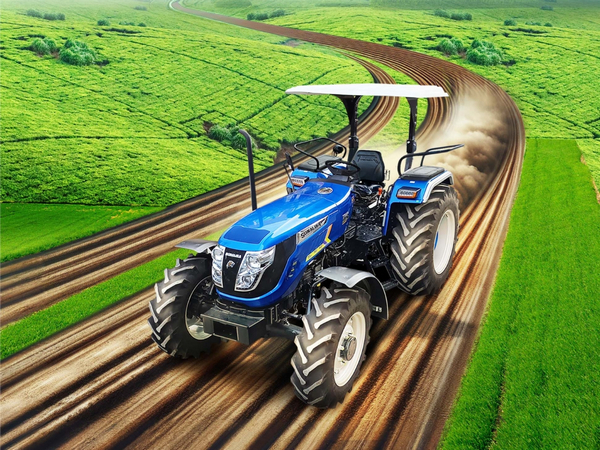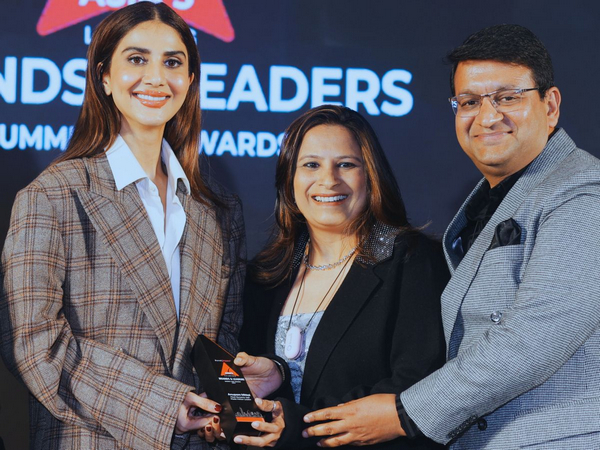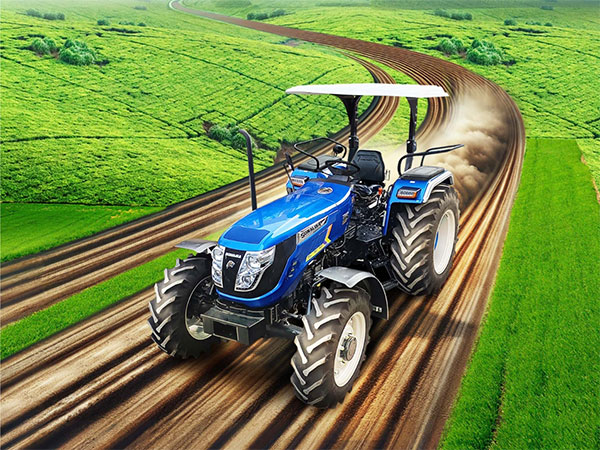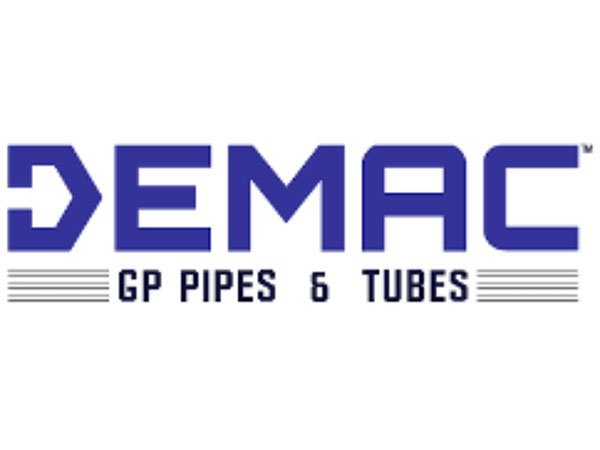Z.L.D. Systems for more sustainable water conservation
Jun 06, 2024
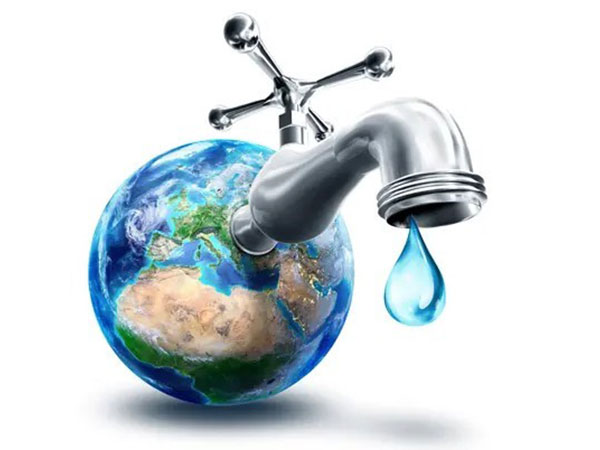
VMPL
New Delhi [India], June 6: Water, the elixir of life, is an invaluable resource that sustains all life forms on our planet. Yet, despite its fundamental importance, the world's freshwater supply is under threat like never before. The critical need for the conservation of water resources, delving into why water conservation is imperative for our planet's and future generations' well-being, gave rise to the three "R's" to conserve water and that are Reduce, Reuse and Recycle.
Freshwater constitutes only a fraction of the Earth's water, with approximately 97.5% locked in the oceans and seas. The available fresh water is unevenly distributed across the globe. It is further dwindling due to over-extraction, pollution, and climate change. This depletion of freshwater resources poses a grave threat to both human and ecological systems.
Water is the lifeblood of ecosystems. It supports wetlands, rivers, lakes, and the surrounding flora and fauna. Conserving water resources ensures the preservation of these ecosystems, which, in turn, contributes to biodiversity conservation. A balanced ecosystem provides valuable services like water purification and flood control, benefiting the environment and society.
Access to clean and safe drinking water is an essential right of every human being. It is fundamental for good health and well-being and should be made available without discrimination. Waterborne diseases, often from contaminated water sources, are a significant global health concern.
The world's population is continuously increasing, with it, the water demand. This demand isn't limited to drinking water but extends to agriculture, industry, and energy production. The growing global population exacerbates the strain on available water resources, making conservation efforts all the more critical. By 2050, with the world's population expected to reach 9 billion, there will be an increased demand for food. Water conservation practices, such as efficient irrigation techniques and crop selection, are vital for ensuring food security while minimizing water wastage.
Zero liquid discharge (ZLD) is an engineering approach to water treatment where all water is recovered, and contaminants are reduced to solid waste.
While many water treatment processes attempt to maximize the recovery of freshwater and minimize waste, ZLD is the most demanding target because the cost and challenges of recovery increase as the wastewater gets more concentrated. Salinity, scaling compounds, and organics all increase in concentration, which add costs associated with managing these increases. ZLD is achieved by stringing together water treatment technology that can treat wastewater as the contaminants are concentrated.
Targeting ZLD for an industrial process or facility provides a number of benefits in vectors of cost and quality.
The need for the conservation of water resources is clear and pressing. It is a matter of sustaining life on Earth, ensuring a healthy environment, and safeguarding future generations from the looming water crisis. By understanding the reasons behind the urgency for water conservation and implementing effective strategies, we can collectively work towards a more sustainable and water-secure future. Water is not just a resource; it is the foundation of life itself, and its preservation should be our shared responsibility.
Mohd. Adil Ali, a mechanical engineering professional working on typical industrial wastewater treatment, unveiled on World Environment Day 2024 a plan to better integrate water, sanitation and hygiene to accelerate progress in awareness of water conservation.
(ADVERTORIAL DISCLAIMER: The above press release has been provided by VMPL. ANI will not be responsible in any way for the content of the same)
